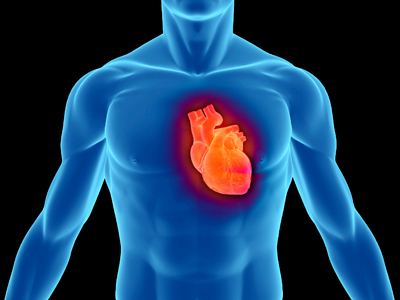
Unit 3 - Circulatory System
This GCSE Biology quiz is all about the circulatory system, which includes the heart and the different types of blood vessels - arteries, veins and capillaries.
Blood is pumped through blood vessels and around the body by the heart. Blood first passes along the arteries to the organs, and veins return blood back to the heart. Joining the two are networks of microscopic sized blood vessels called capillaries. This ensures that oxygen and glucose are delivered to all cells of the body by the circulation, and carbon dioxide and waste materials are removed from cells for elimination from the the body.
The circulatory system is also an important part of homeostasis (keeping the body temperature accurately controlled). It takes heat from the core of the body to the skin when your internal temperature is too hot and, when your core temperature drops, blood flow is diverted from the surface capillaries to reduce further heat loss.
Ready for more?
not all...
quizzers. Try to win a coveted spot on our Hall of Fame Page.







